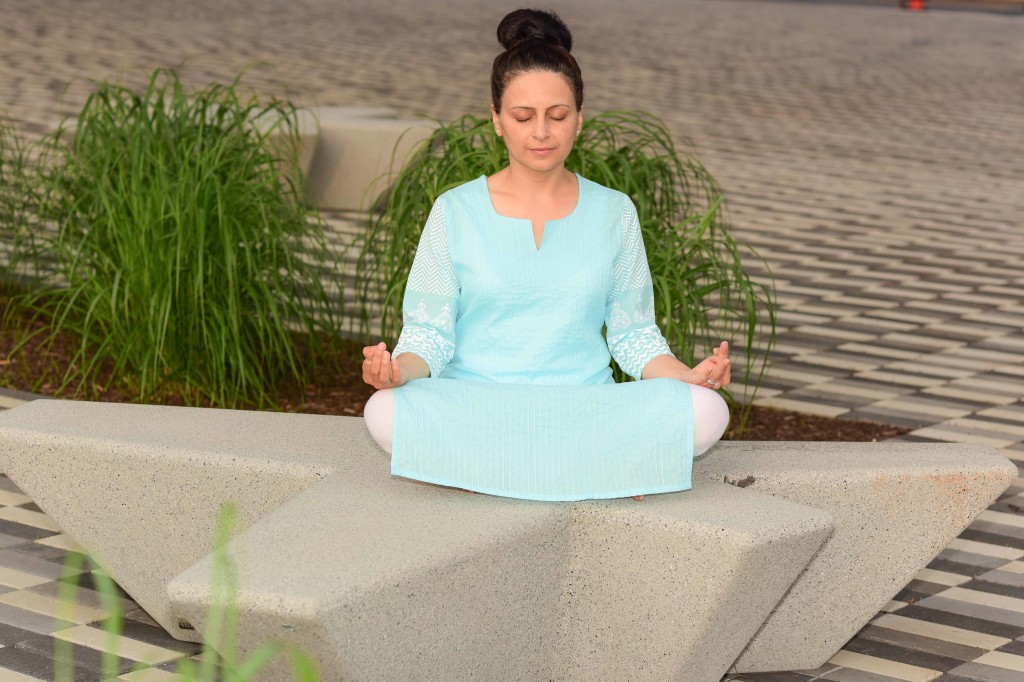
Social media has changed the way humans communicate and relate to each other in a significant way. Facebook enables us to connect with high school classmates or extended family in order to stay up-to-date on their lives. Pinterest allows us to discover new ideas related to our interests. Twitter is a global conversation about every topic imaginable. LinkedIn connects professionals and enables prospective employees and employers to learn more about each other. Instagram shares our lives through pictures.
So what’s the downside of these new ways to relate with our friends and family? According to studies, social media use can be considerably detrimental to our mental health.
To understand why, it’s important to think about why we use social media in the first place. While the practicality of connecting with friends and family is the most obvious reason, psychologists have found that our need to “self-disclose” aspects of our lives stems from the same reward system in our brain that makes us feel good while eating food or having sex.
If you write a post on Facebook to announce a new job or post photos of your latest vacation, for example, you wait for “likes”. The more likes you get, the happier, more validated and more important you’re likely to feel. If you fail to get many likes, however, you may feel the opposite.
Social media has specific effects on depression, anxiety, and narcissism that originate beyond mere disappointment over a lack of “likes”, however.
Depression
Facebook, being the most popular social media platform, is used as an “image management” platform, according to psychologists. We use it as a sort of personal public relations page to represent who we are to hundreds of friends, family members, and acquaintances. Studies show there’s a correlation between depression and how extensively Facebook is used to manage our image. So the more time and effort you put into carefully updating your profile page, the more depressed you are likely to be.
However, the severity of depression related to Facebook use depends on how it’s used. Studies show that the more interactive the experience is on Facebook, the less depressing it is. Alternatively, more passive browsing of other people’s profiles or the “news feed” leads to more symptoms of depression.
This makes sense: browsing through other people’s “highlight reels” can cause us to compare our lives to theirs. Inevitably, our lives seem less fulfilling or successful. We fail to take into account the fact that few people show their failures or struggles in such a public way.
Anxiety
Smartphones allow us to access our social media networks anytime, anywhere. This convenience has enabled compulsive behavior.
Social media users of all ages, but especially younger generations, are checking their social media profiles very frequently. Anxiety stems from any interruption or impediment to being able to check social media. An interesting and common symptom of this anxiety is “phantom vibration syndrome”, where people report feeling vibrations from their cell phone even when it’s not in their pocket.
Narcissism
Narcissism is a trait associated with self-importance, fantasies of unlimited power, vanity, excessive self-promotion, and failure to form meaningful relationships. Obviously, social media is a perfect place for somebody with narcissistic personality disorder to flourish.
While those suffering from such a disorder tend to feel happier with increased social media use, it actually exacerbates their condition. In users without the disorder, excessive social media use can contribute to increased narcissism.
Social Media in Moderation
Like most things in life, negative effects can mostly be avoided with mindfulness and moderation. Be aware of how and why you use social media. Also remember that nothing can replace face-to-face interaction with our friends and family members.